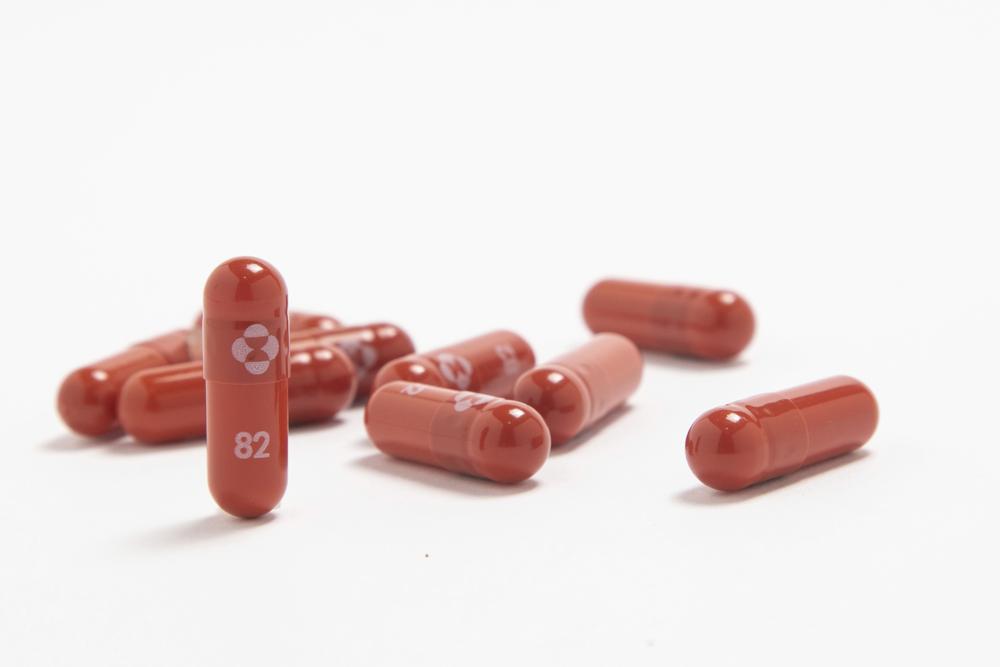
Associated Press
Why AP Media Bias Deserves High Level of Scrutiny
The Associated Press has historically been considered the "gold standard" of objective journalism. It operates a wire service, meaning local and national news organizations around the country use AP's content to fill gaps in their coverage. That means AP news content has extremely wide impact and reach.
As such, AllSides does particularly extensive analysis of AP. When AP displays political bias, or fails to portray political events, legislation, and perspectives in a balanced and even-handed way, the impact is broad and far-reaching. A media outlet that is relied upon by outlets all over the country deserves a high level of scrutiny when it comes to political bias.
Drugmaker Merck said Friday that its experimental COVID-19 pill reduced hospitalizations and deaths by half in people recently infected with the coronavirus, potentially a leap forward in the global fight against the pandemic.
The company said it will soon ask health officials in the U.S. and around the world to authorize the pill’s use. A decision from the U.S. Food and Drug Administration could come within weeks after that, and the drug, if OK’d, could be distributed quickly soon afterward.
If cleared, it would be the first pill shown to treat COVID-19. All other therapies now authorized in the U.S. require an IV or injection. A pill taken at home, by contrast, would ease pressure on hospitals and could also help curb outbreaks in poorer and more remote corners of the world that don’t have access to the more expensive infusion therapies.
“This would allow us to treat many more people, much more quickly and, we trust, much less expensively,” said Dr. William Schaffner, an infectious disease expert at Vanderbilt University, who was not involved in the research.
Merck and its partner Ridgeback Biotherapeutics said early results showed patients who received the drug, called molnupiravir, within five days of COVID-19 symptoms had about half the rate of hospitalization and death as patients who received a dummy pill. The study tracked 775 adults with mild-to-moderate COVID-19 who were considered higher risk for severe disease due to health problems such as obesity, diabetes or heart disease. The results have not been peer reviewed by outside experts, the usual procedure for vetting new medical research.











